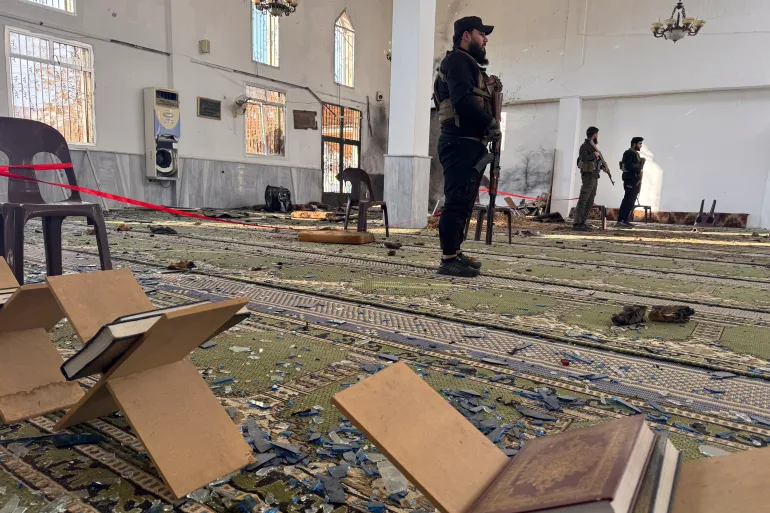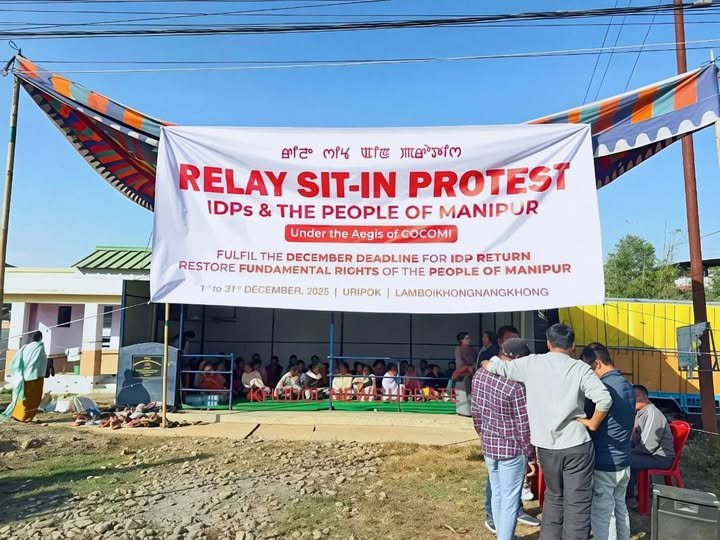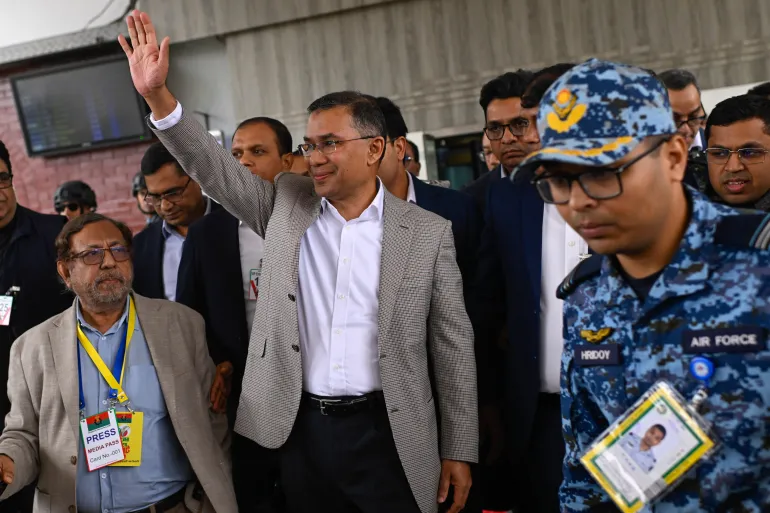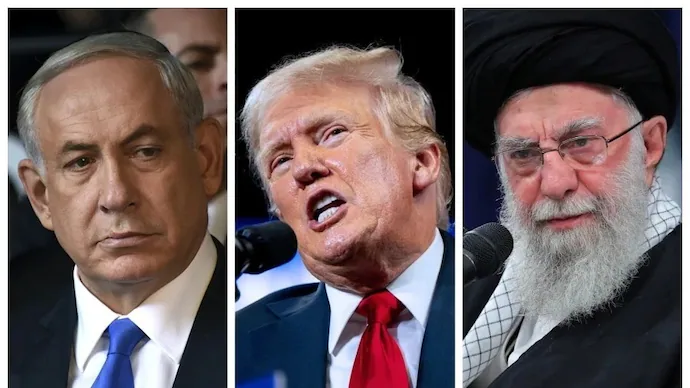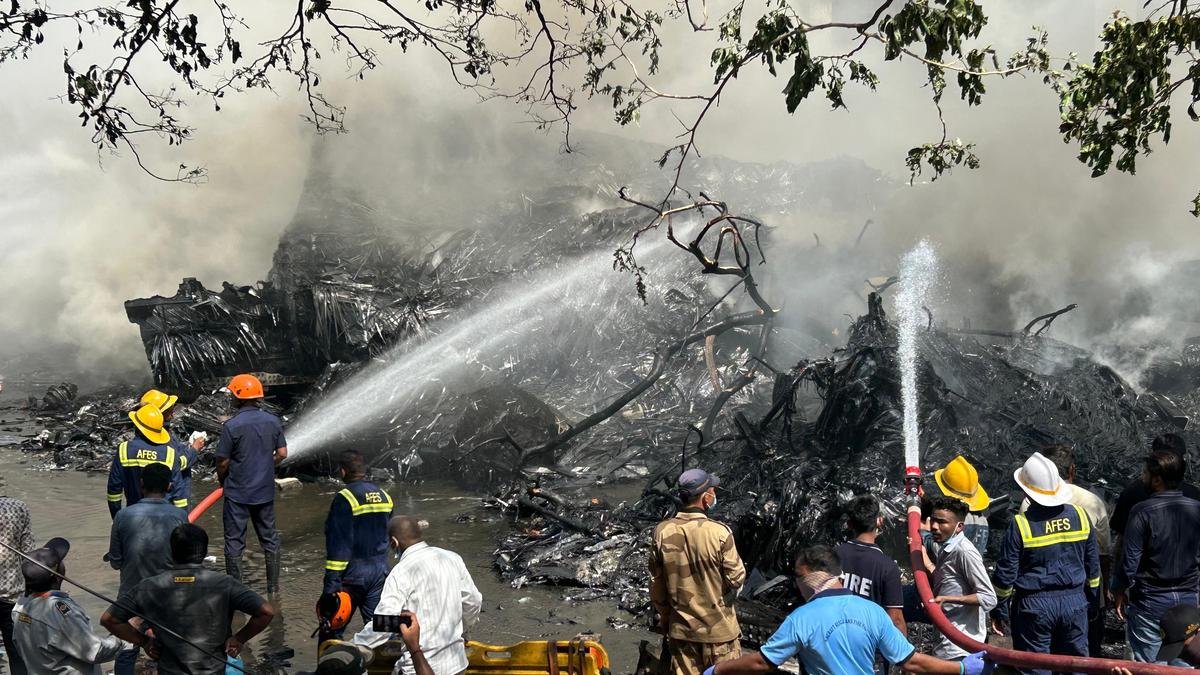"Toxic Hate Must Stop": Diplomatic Corps Rallies Around Foreign Secretary Vikram Misri Amid Online Abuse
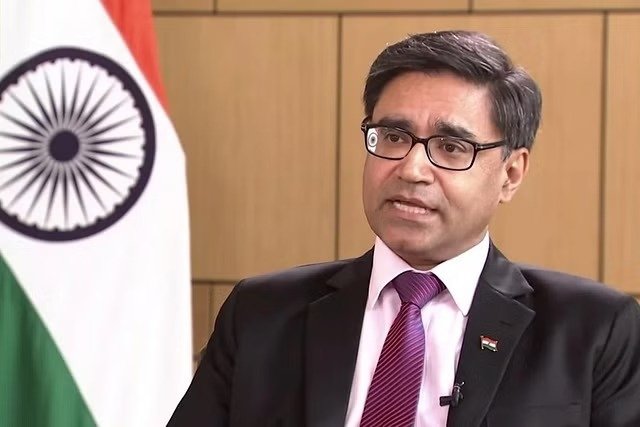
New Delhi, May 13, 2025 — The Indian diplomatic community is speaking out in unison against a wave of toxic online trolling targeting Foreign Secretary Vikram Misri and his family. In a strong and rare show of solidarity, current and former diplomats, senior officials, and members of the Indian Foreign Service have denounced the abuse as not only unethical but emblematic of a growing culture of personal attacks against public servants in India.
The online vitriol, which escalated over the past week, includes baseless allegations, derogatory comments, and targeted harassment of Misri’s family members across various social media platforms. While the exact origins of the trolling are still under investigation, some observers believe the attacks may be politically motivated, stemming from recent foreign policy developments or statements made under Misri’s leadership at the Ministry of External Affairs (MEA).
Foreign Secretary Misri has not made any public statement regarding the abuse, but sources close to the matter say the diplomat and his family are “hurt but composed,” choosing to maintain their focus on professional responsibilities rather than respond to provocations.
“This is a red line that cannot be crossed,” said a senior MEA official who spoke on condition of anonymity. “Targeting a public servant is bad enough — targeting their family is reprehensible. This toxic culture of hate must stop. It threatens not just individuals, but the very integrity of our democratic and administrative systems.”
Former diplomats echoed this sentiment with urgency and outrage. Harsh Vardhan Shringla, who previously served as Foreign Secretary, said in a public statement, “Vikram Misri has served India with intelligence, dignity, and restraint. He has represented India at the highest levels, even in our most challenging diplomatic situations. To see him and his family subjected to such venom is not only heartbreaking, it is disgraceful.”
Vikram Misri, a seasoned Indian Foreign Service officer of the 1989 batch, is widely respected for his intellect, calm under pressure, and deep understanding of global diplomacy. Prior to becoming Foreign Secretary, he served in pivotal roles, including India’s Ambassador to China during a period of intense bilateral tensions, and as Deputy National Security Advisor.
Throughout his career, Misri has earned praise for his professionalism, tact, and balanced approach to foreign policy. Colleagues describe him as “measured, apolitical, and principled” — qualities that many say are essential but increasingly under attack in a polarized and volatile digital climate.
“Attacks like these don’t just harm Vikram — they send a dangerous message to every public official who is trying to serve quietly and honorably,” said another senior diplomat. “When we start allowing personal abuse and family harassment to go unchecked, we are eroding the very idea of public service.”
In a formal statement, the Indian Foreign Service Association (IFSA) condemned the “unwarranted, unethical, and deeply disturbing” abuse directed at Misri and his family. The association called on social media platforms and government agencies to take swift action to identify and punish those responsible.
“The deliberate targeting of a civil servant’s family reflects a disturbing trend that must not be normalized,” the IFSA stated. “Diplomats serve the nation, often at great personal cost, and must be protected from malicious and politically motivated smear campaigns.”
The statement also emphasized the psychological toll of such harassment, not just on officials but on their spouses, children, and other loved ones who are thrust into the spotlight without cause or defense.
This episode has once again highlighted growing concerns about online hate speech and the limits of digital accountability in India. While social media platforms such as X (formerly Twitter), Facebook, and Instagram have content moderation policies in place, enforcement is widely considered to be inconsistent and reactive.
Digital rights organizations and civil society leaders have long called for more robust legislation and enforcement to combat cyberbullying, doxing, and hate speech, particularly when it targets public officials, journalists, and activists.
Nikhil Pahwa, a digital rights activist and editor of MediaNama, said, “The government must recognize that online abuse is not just a free speech issue — it’s a public safety issue. Platforms must be held accountable, and individuals who hide behind anonymity to spread hate must face legal consequences.”
Some analysts view the trolling as symptomatic of a broader erosion of civility in India’s political discourse. As political divisions deepen, particularly in the run-up to key state and national elections, public servants and non-partisan officials are increasingly being dragged into ideological and partisan crossfires.
“This isn’t just about one man or one incident,” said political commentator Rajdeep Sardesai. “It’s about how we treat our institutions, our officials, and our public space. When people like Vikram Misri become targets, it shows that no one is safe from this culture of suspicion and hate.”
Despite the negativity, many say the outpouring of support for Misri is a hopeful sign — one that reaffirms the value of dignity, service, and truth.
In what has become a powerful online counter-movement, several Indian diplomats, bureaucrats, and ordinary citizens have posted messages with the hashtag #StandWithMisri, calling for respectful dialogue and support for public servants.
“This moment requires us to draw a firm line between criticism and cruelty,” said a former Indian envoy. “Let’s be clear — Vikram Misri’s career is built on service, not self-promotion. His family deserves privacy, not persecution. We stand with him.”
The online vitriol, which escalated over the past week, includes baseless allegations, derogatory comments, and targeted harassment of Misri’s family members across various social media platforms. While the exact origins of the trolling are still under investigation, some observers believe the attacks may be politically motivated, stemming from recent foreign policy developments or statements made under Misri’s leadership at the Ministry of External Affairs (MEA).
Foreign Secretary Misri has not made any public statement regarding the abuse, but sources close to the matter say the diplomat and his family are “hurt but composed,” choosing to maintain their focus on professional responsibilities rather than respond to provocations.
“This is a red line that cannot be crossed,” said a senior MEA official who spoke on condition of anonymity. “Targeting a public servant is bad enough — targeting their family is reprehensible. This toxic culture of hate must stop. It threatens not just individuals, but the very integrity of our democratic and administrative systems.”
Former diplomats echoed this sentiment with urgency and outrage. Harsh Vardhan Shringla, who previously served as Foreign Secretary, said in a public statement, “Vikram Misri has served India with intelligence, dignity, and restraint. He has represented India at the highest levels, even in our most challenging diplomatic situations. To see him and his family subjected to such venom is not only heartbreaking, it is disgraceful.”
Vikram Misri, a seasoned Indian Foreign Service officer of the 1989 batch, is widely respected for his intellect, calm under pressure, and deep understanding of global diplomacy. Prior to becoming Foreign Secretary, he served in pivotal roles, including India’s Ambassador to China during a period of intense bilateral tensions, and as Deputy National Security Advisor.
Throughout his career, Misri has earned praise for his professionalism, tact, and balanced approach to foreign policy. Colleagues describe him as “measured, apolitical, and principled” — qualities that many say are essential but increasingly under attack in a polarized and volatile digital climate.
“Attacks like these don’t just harm Vikram — they send a dangerous message to every public official who is trying to serve quietly and honorably,” said another senior diplomat. “When we start allowing personal abuse and family harassment to go unchecked, we are eroding the very idea of public service.”
In a formal statement, the Indian Foreign Service Association (IFSA) condemned the “unwarranted, unethical, and deeply disturbing” abuse directed at Misri and his family. The association called on social media platforms and government agencies to take swift action to identify and punish those responsible.
“The deliberate targeting of a civil servant’s family reflects a disturbing trend that must not be normalized,” the IFSA stated. “Diplomats serve the nation, often at great personal cost, and must be protected from malicious and politically motivated smear campaigns.”
The statement also emphasized the psychological toll of such harassment, not just on officials but on their spouses, children, and other loved ones who are thrust into the spotlight without cause or defense.
This episode has once again highlighted growing concerns about online hate speech and the limits of digital accountability in India. While social media platforms such as X (formerly Twitter), Facebook, and Instagram have content moderation policies in place, enforcement is widely considered to be inconsistent and reactive.
Digital rights organizations and civil society leaders have long called for more robust legislation and enforcement to combat cyberbullying, doxing, and hate speech, particularly when it targets public officials, journalists, and activists.
Nikhil Pahwa, a digital rights activist and editor of MediaNama, said, “The government must recognize that online abuse is not just a free speech issue — it’s a public safety issue. Platforms must be held accountable, and individuals who hide behind anonymity to spread hate must face legal consequences.”
Some analysts view the trolling as symptomatic of a broader erosion of civility in India’s political discourse. As political divisions deepen, particularly in the run-up to key state and national elections, public servants and non-partisan officials are increasingly being dragged into ideological and partisan crossfires.
“This isn’t just about one man or one incident,” said political commentator Rajdeep Sardesai. “It’s about how we treat our institutions, our officials, and our public space. When people like Vikram Misri become targets, it shows that no one is safe from this culture of suspicion and hate.”
Despite the negativity, many say the outpouring of support for Misri is a hopeful sign — one that reaffirms the value of dignity, service, and truth.
In what has become a powerful online counter-movement, several Indian diplomats, bureaucrats, and ordinary citizens have posted messages with the hashtag #StandWithMisri, calling for respectful dialogue and support for public servants.
“This moment requires us to draw a firm line between criticism and cruelty,” said a former Indian envoy. “Let’s be clear — Vikram Misri’s career is built on service, not self-promotion. His family deserves privacy, not persecution. We stand with him.”
